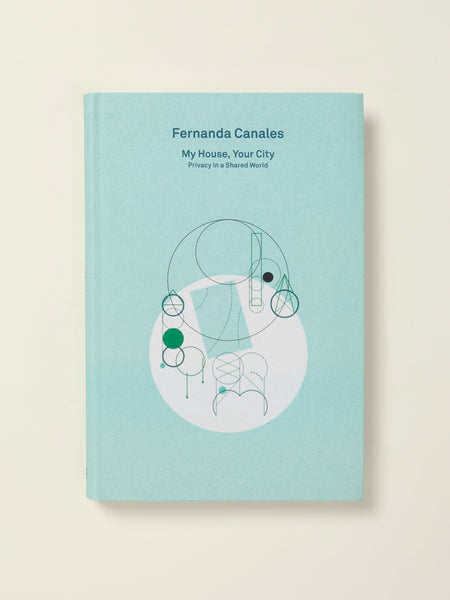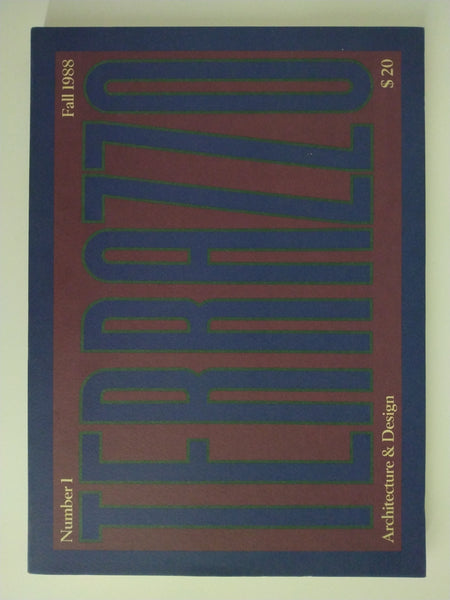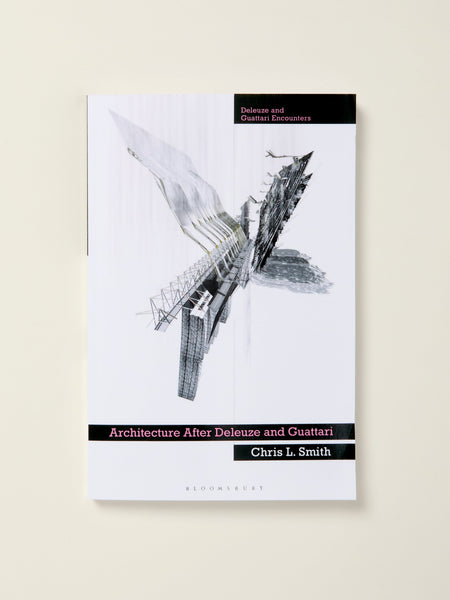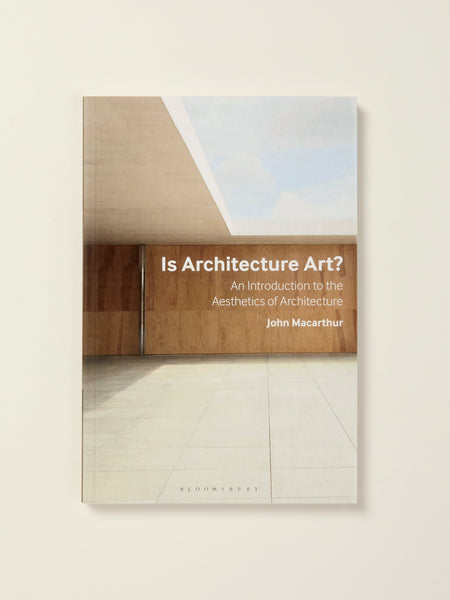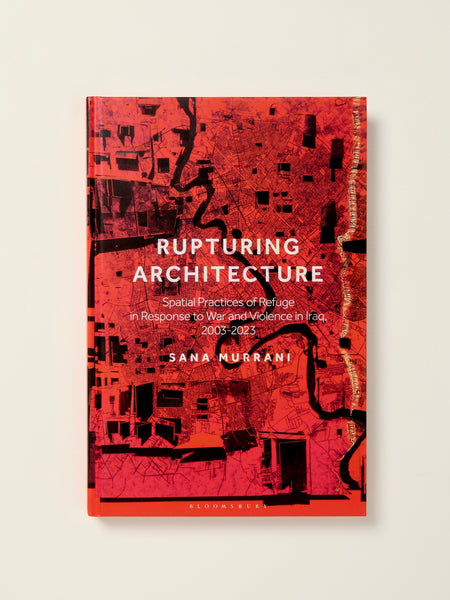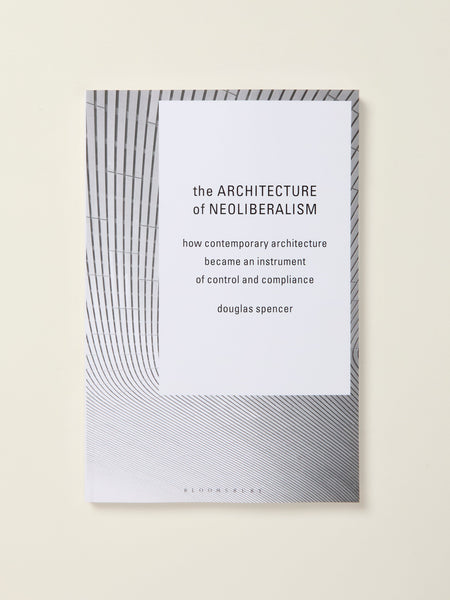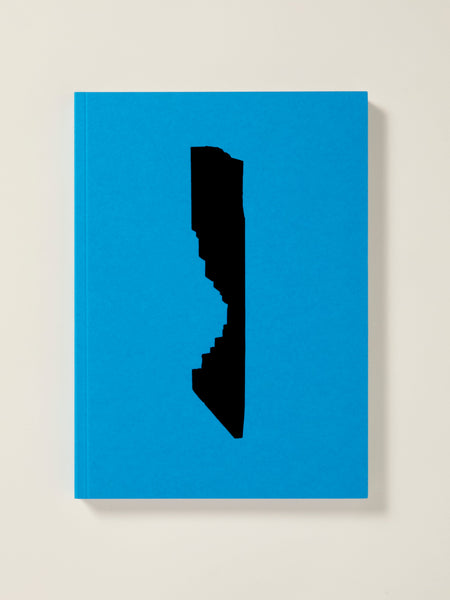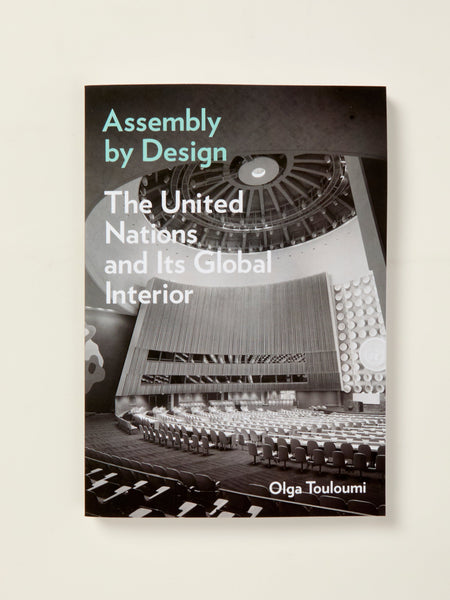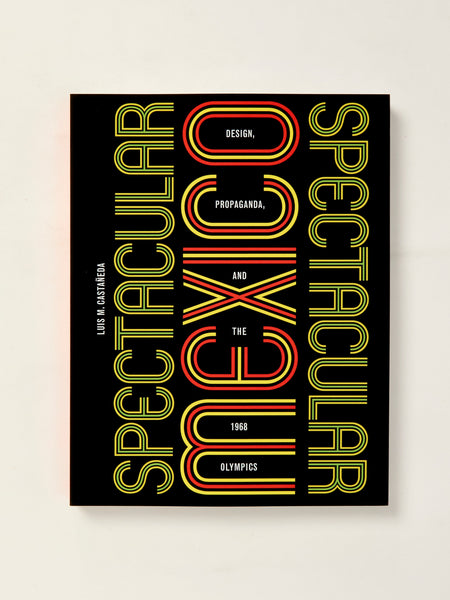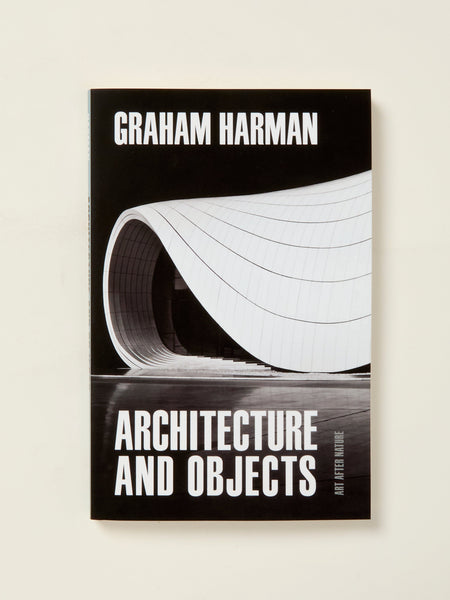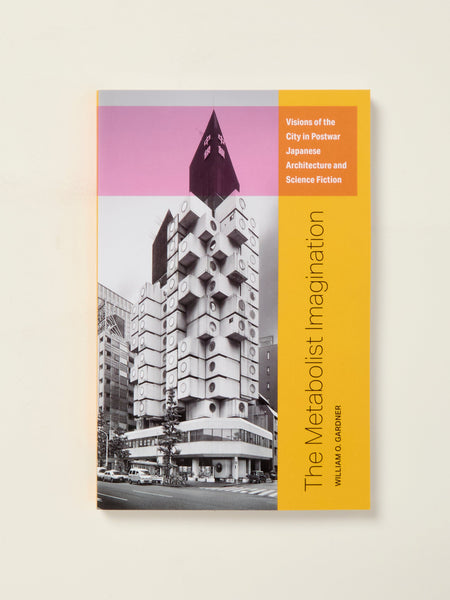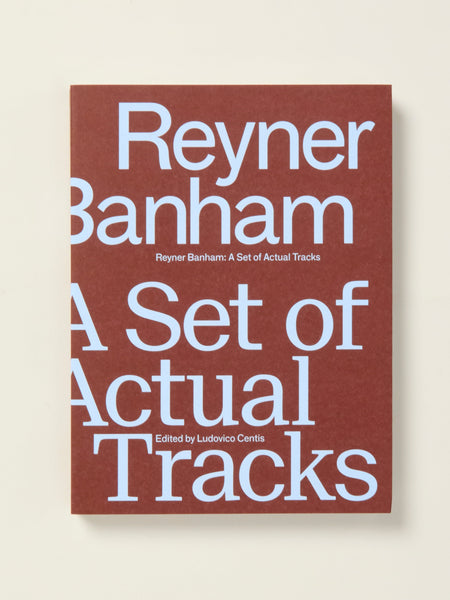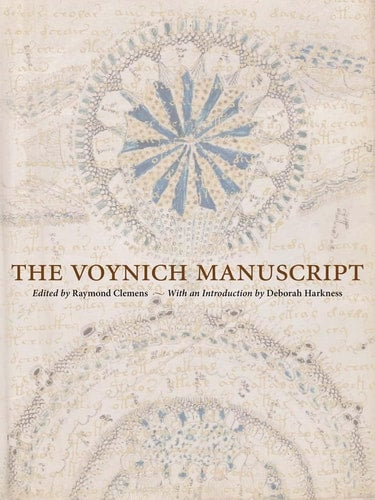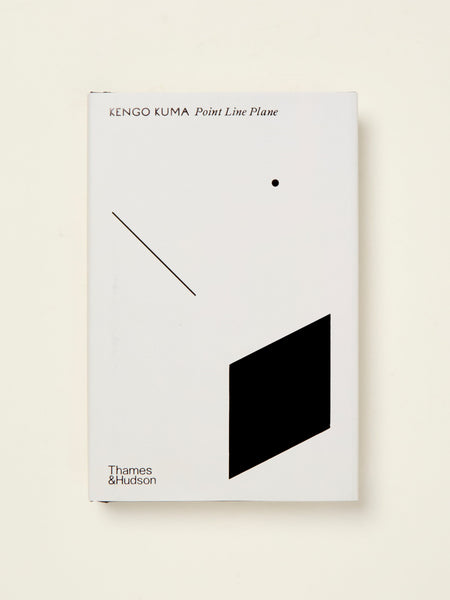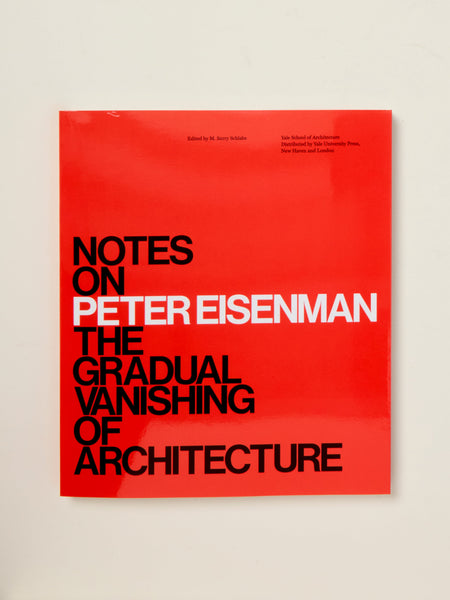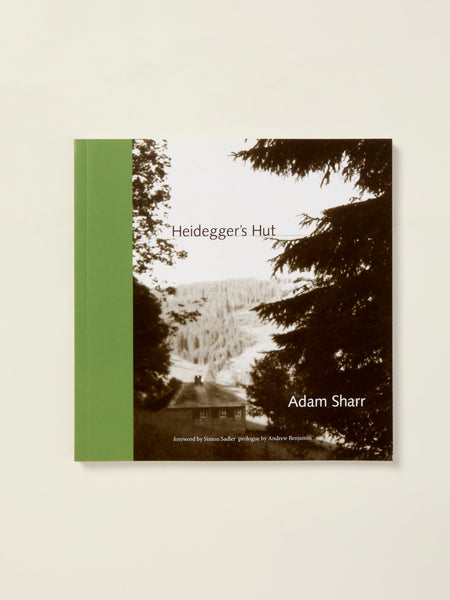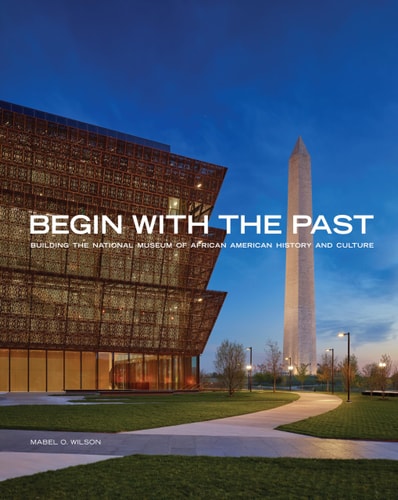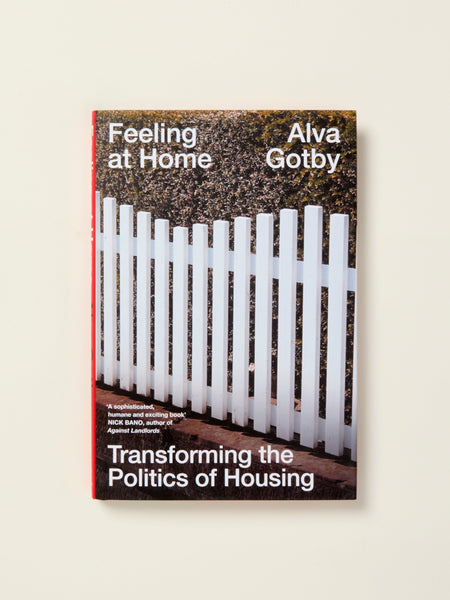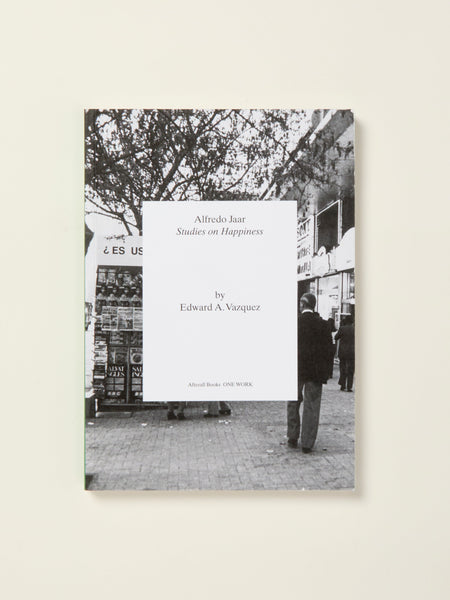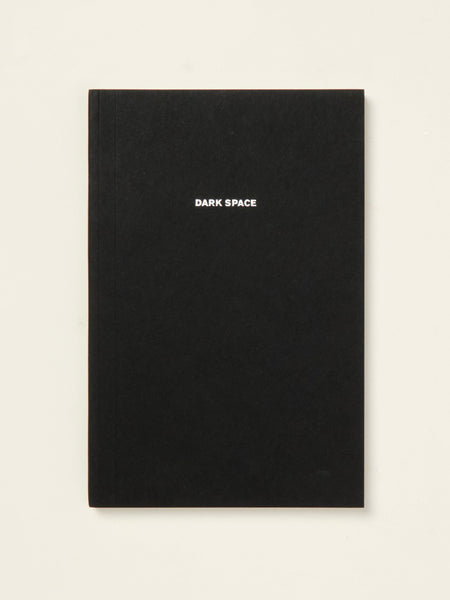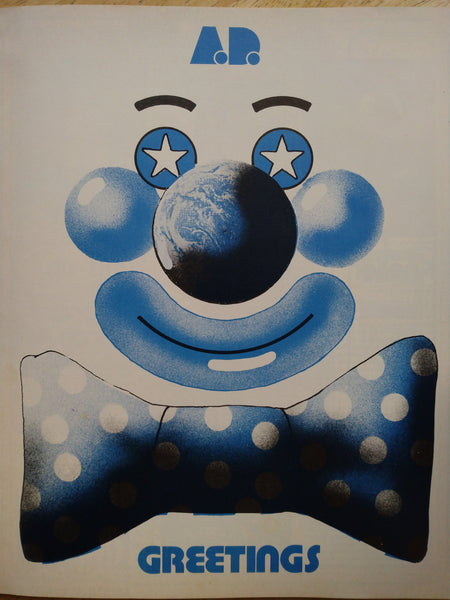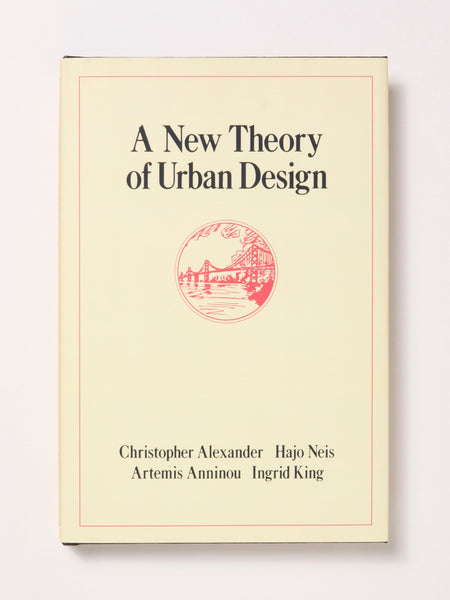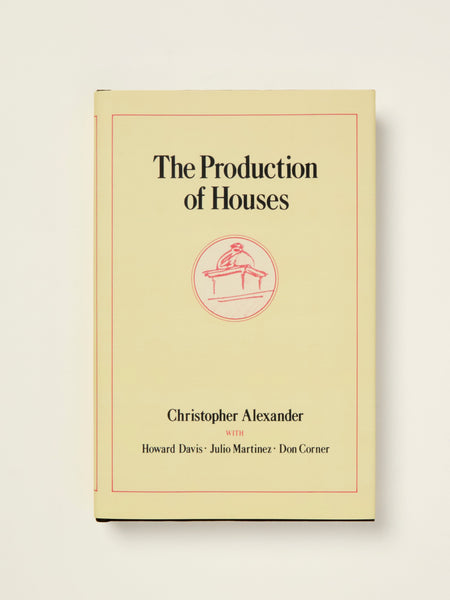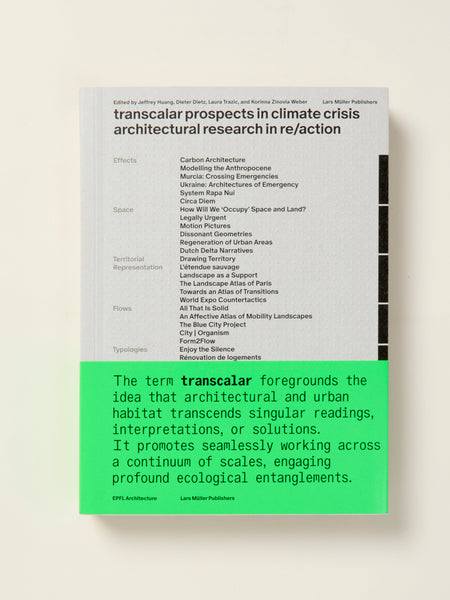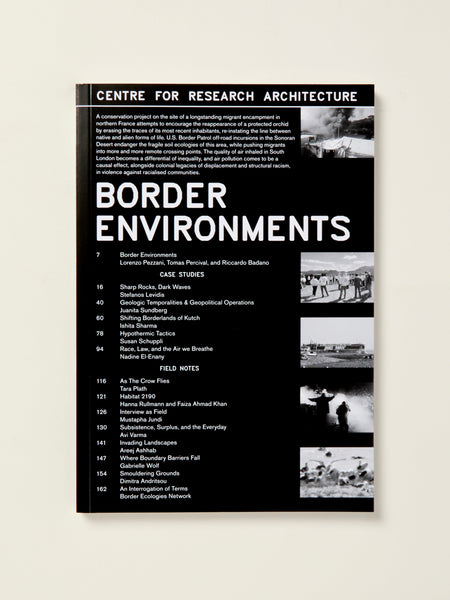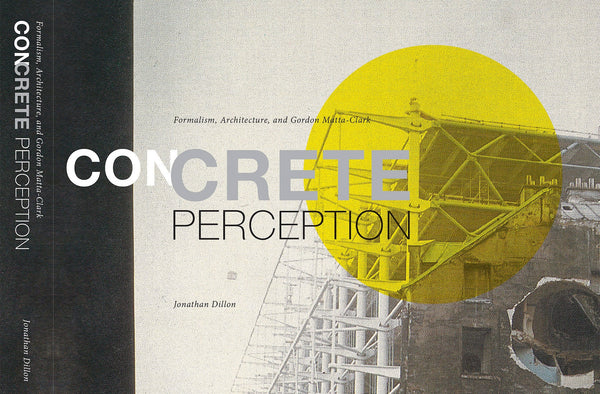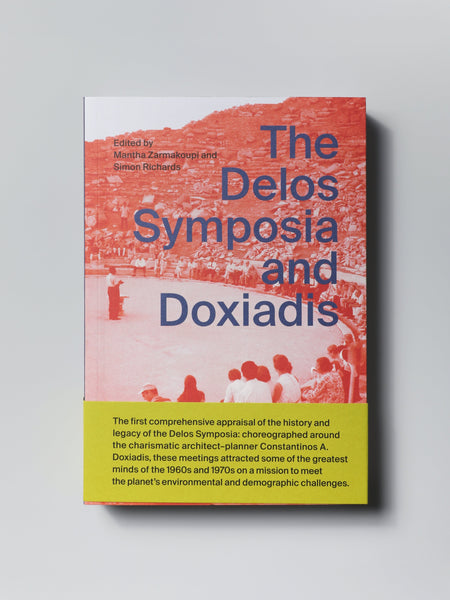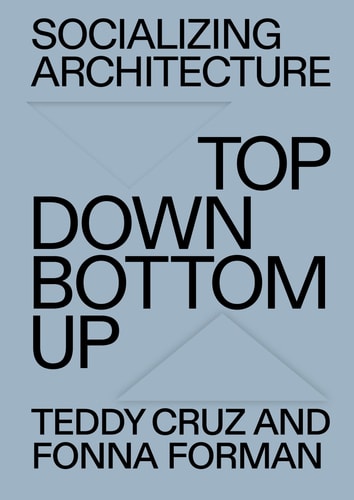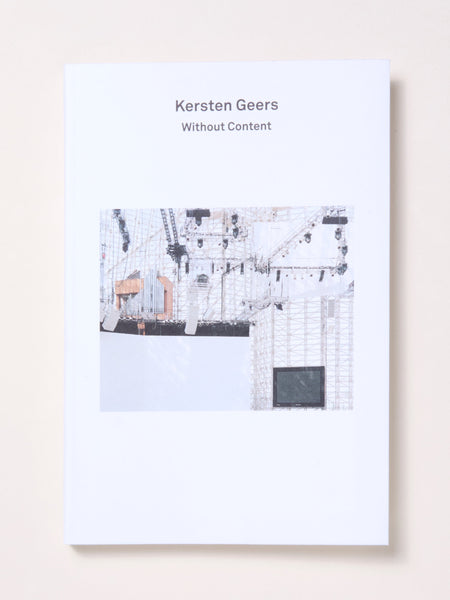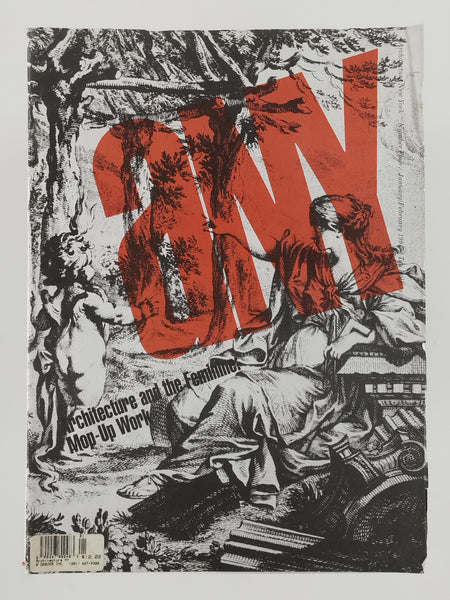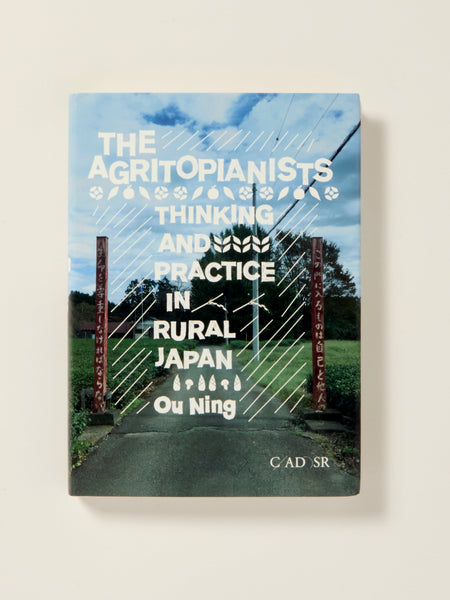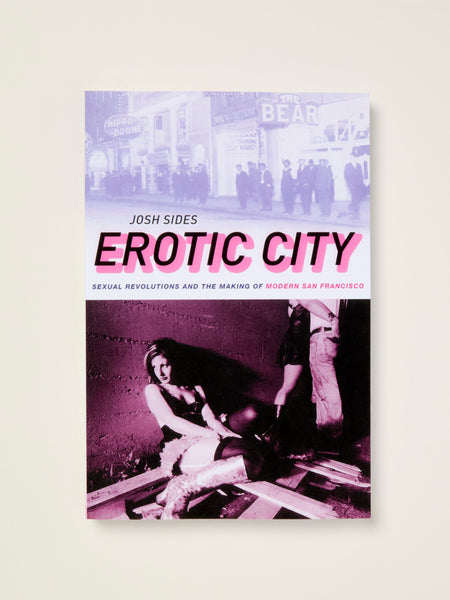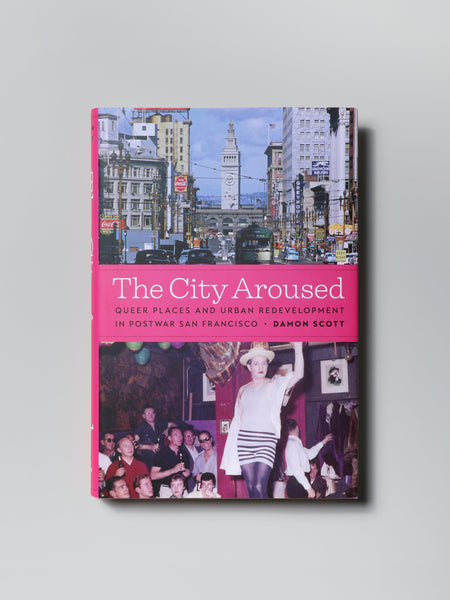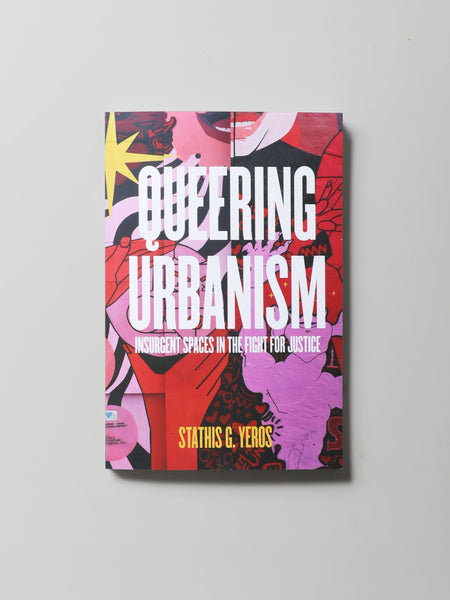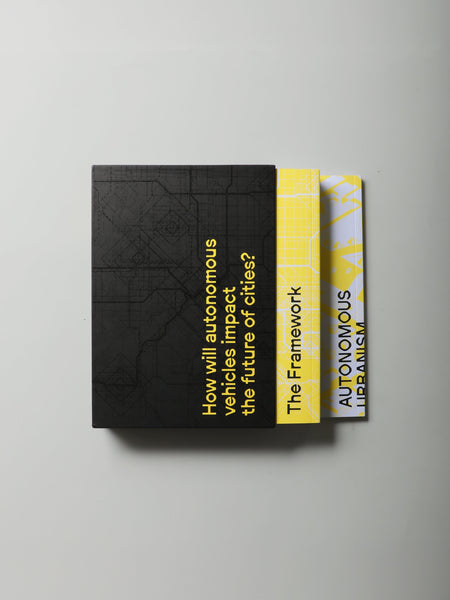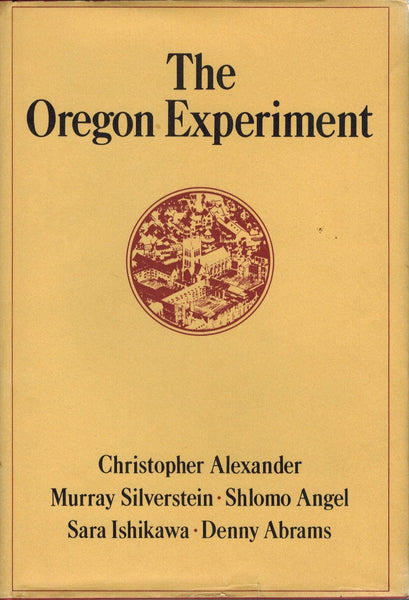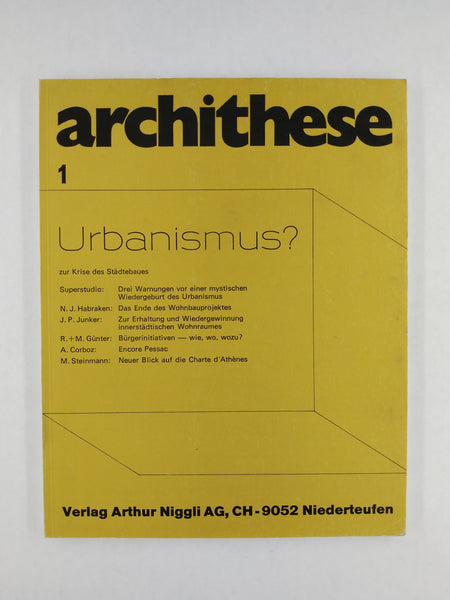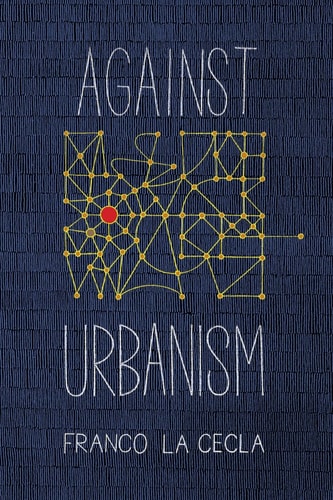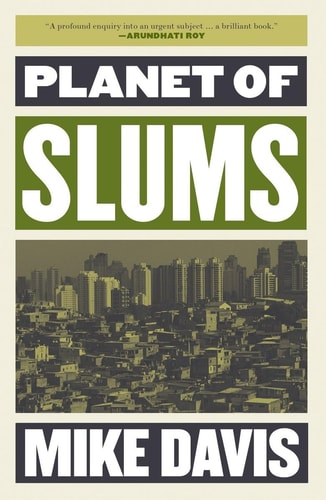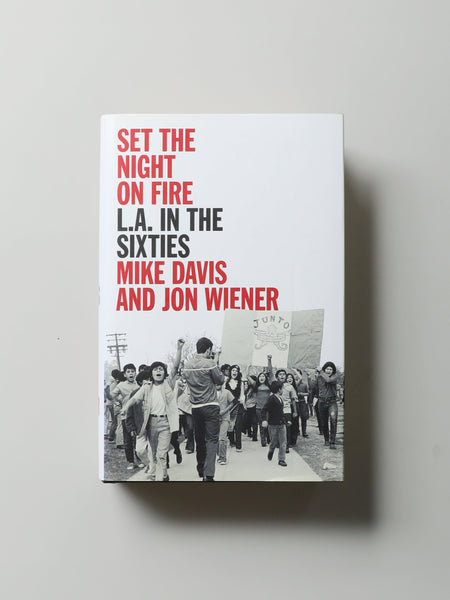

Encyclopedia of the Uncertain: a meditation on doubt
Encyclopedia of the Uncertain: a meditation on doubt
$55.00
Püschel, Anna | The Eriskay Connection 2024
When do you know something? And at which point can you be sure that what you know is true?
Knowledge of facts is distinct from opinion or speculative assumption. We rely on various sources to determine the validity of information and separate fact from fiction.
Fascinated by awareness and ignorance, Anna Püschel (DE/FR) began collecting definitions of words related to knowledge from a broad range of sources, from medieval texts to modern dictionaries. These definitions – some objectively true, others with questionable veracity – are brought together in the Encyclopedia of the Uncertain, a work that redefines referencing, and boldly juxtaposes French poetry to conspiracy theories, recipes, and political essays. But regardless of their origin, the definitions show that we have always yearned for the truth.
What does this mean for us today? Between post-truth and alternative facts, we observe an absurd phenomenon: we can access knowledge faster and easier than ever before, but the number of alternative versions of the same truth it is accompanied by is also unprecedented. From YouTube algorithms to Telegram channels, from Facebook comments to ChatGPT-generated texts, finding truth is getting harder every day.
As individuals in uncertain times, we not only have the right but also the duty to look for truth, and not blindly follow the loudest voices that (un)knowingly propagate falsities. Instead, we must acknowledge what we do not know and listen to nuance, for there is beauty in uncertainty.
Knowledge of facts is distinct from opinion or speculative assumption. We rely on various sources to determine the validity of information and separate fact from fiction.
Fascinated by awareness and ignorance, Anna Püschel (DE/FR) began collecting definitions of words related to knowledge from a broad range of sources, from medieval texts to modern dictionaries. These definitions – some objectively true, others with questionable veracity – are brought together in the Encyclopedia of the Uncertain, a work that redefines referencing, and boldly juxtaposes French poetry to conspiracy theories, recipes, and political essays. But regardless of their origin, the definitions show that we have always yearned for the truth.
What does this mean for us today? Between post-truth and alternative facts, we observe an absurd phenomenon: we can access knowledge faster and easier than ever before, but the number of alternative versions of the same truth it is accompanied by is also unprecedented. From YouTube algorithms to Telegram channels, from Facebook comments to ChatGPT-generated texts, finding truth is getting harder every day.
As individuals in uncertain times, we not only have the right but also the duty to look for truth, and not blindly follow the loudest voices that (un)knowingly propagate falsities. Instead, we must acknowledge what we do not know and listen to nuance, for there is beauty in uncertainty.
S04376
